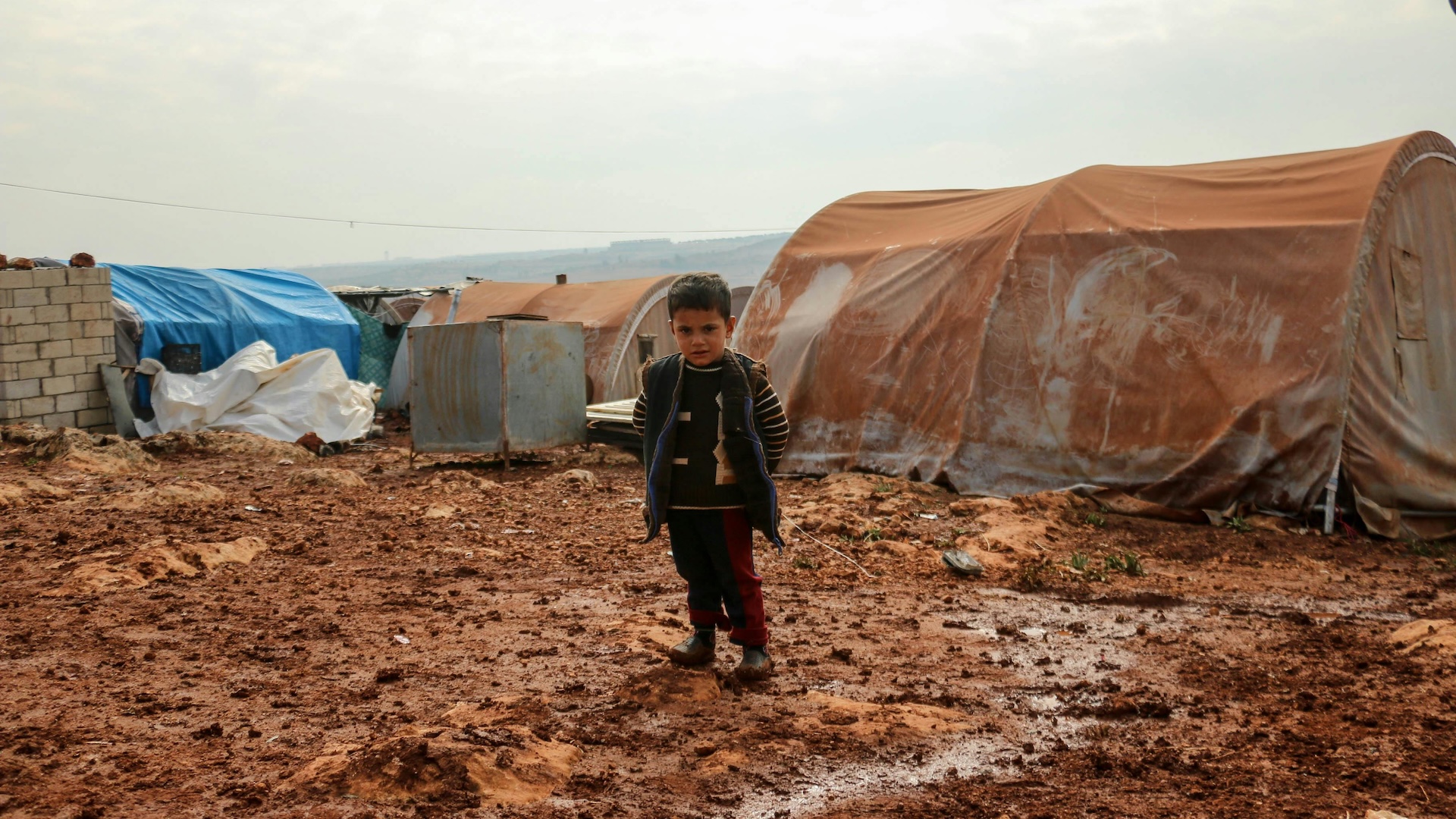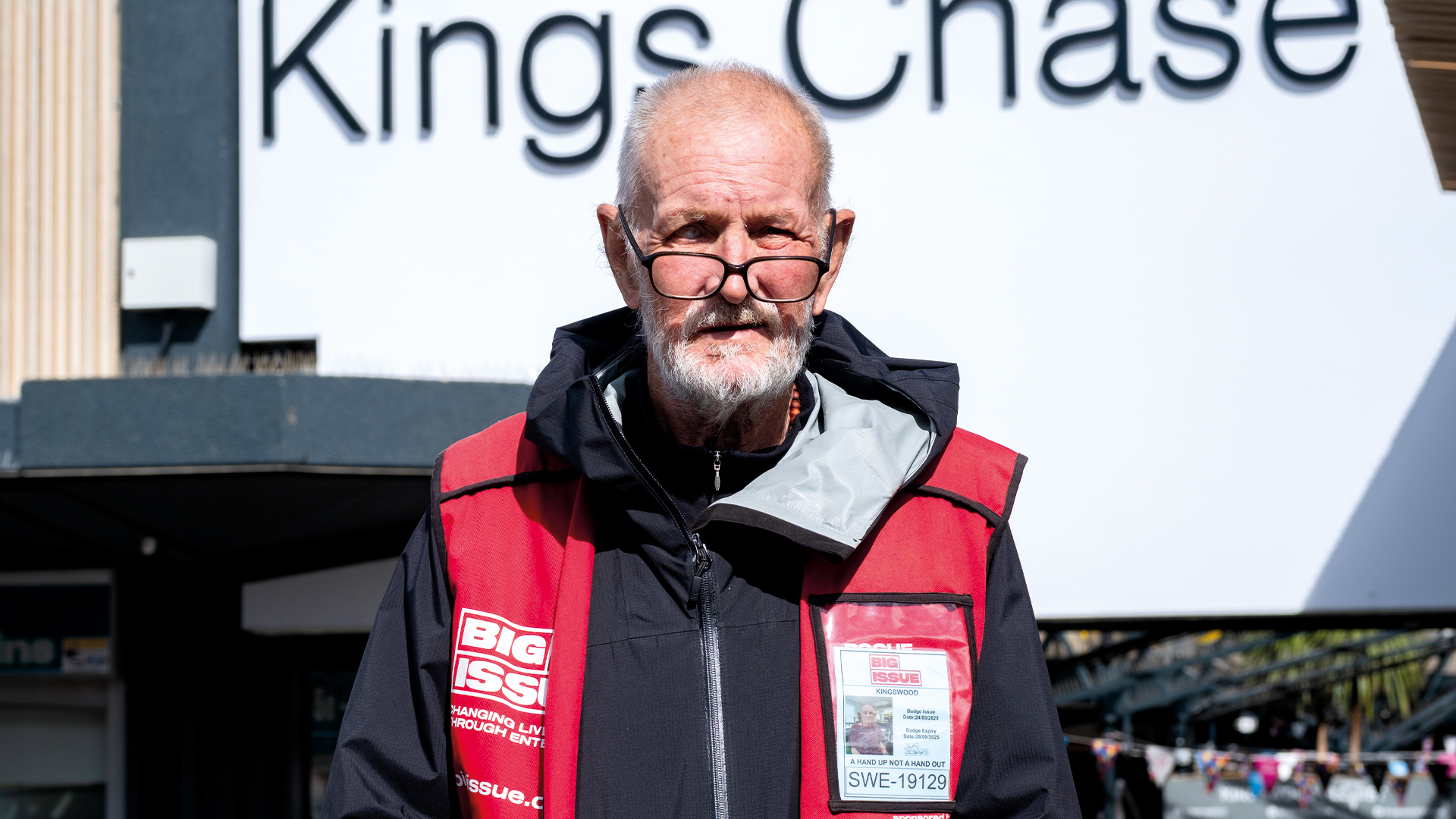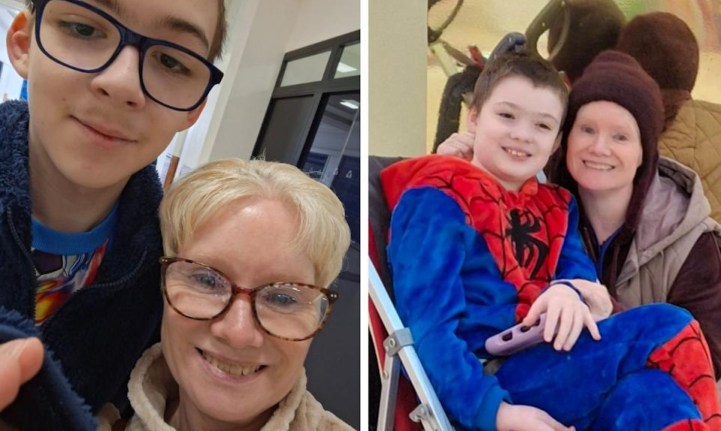In November at the G20 in Brazil, the Global Alliance Against Hunger and Poverty was established to address poverty and hunger. The mission of the global alliance is to support and accelerate global efforts to eradicate hunger and poverty, which have also been set out in the globally agreed UN sustainable development goals.
This new alliance has pledged to reach 500 million people with cash transfers through social protection programmes, increase nutritious school meals for 150 million children and increase access to healthcare for 200 million more mothers and their infants.
The launch of this alliance is very timely as it comes a year before the end of the UN’s Decade of Action for Nutrition, which aimed to end hunger by 2025. But most targets are off track, such as reducing acute and chronic hunger, the number of infants with low birth weights, or the number of mothers with anaemia.
- Hunger is a violation of our basic human rights – we should be outraged by UK’s food bank crisis
- Number of people turning to food banks is shocking – but it’s the tip of the hunger iceberg
So, as part of the alliance, 66 countries have promised to promote programmes and policies to address inequality, food security and poverty. These new targets are ambitious as only 32.4% of the population in lower and middle-income countries are covered by at least one social protection benefit, and only 9.7% of the population in low-income countries.
How do we achieve these goals and move towards ending hunger?
At the recent World Public Health Nutrition Congress, hosted by the University of Westminster and the World Public Health Nutrition Association (WPHNA) in London, political commitment and leadership were highlighted as essential in addressing these global targets and overcome challenges, such as the lack of global resources (both financial and technical) for trained support health workers. Attendees at the congress also discussed the importance of people centred solutions with active engagement of communities in planning solutions.
In the UK our diet is increasingly focused on consuming ultraprocessed foods (67%) which are linked to obesity, cancer and other non-communicable diseases. Many policy platforms are funded by big food corporations resulting in a conflict of interest. We need to reduce the power of these ultra-processed food corporations in our policy environment and focus on enhancing our food systems, especially in early childhood. In the UK only 1% of our infants are exclusively breastfed until six months (the global target is 50%). Companies spend billions advertising artificial milk as the same as breastmilk, however research indicates that bottle-feeding increases risk of non-communicable diseases and obesity in later life.





